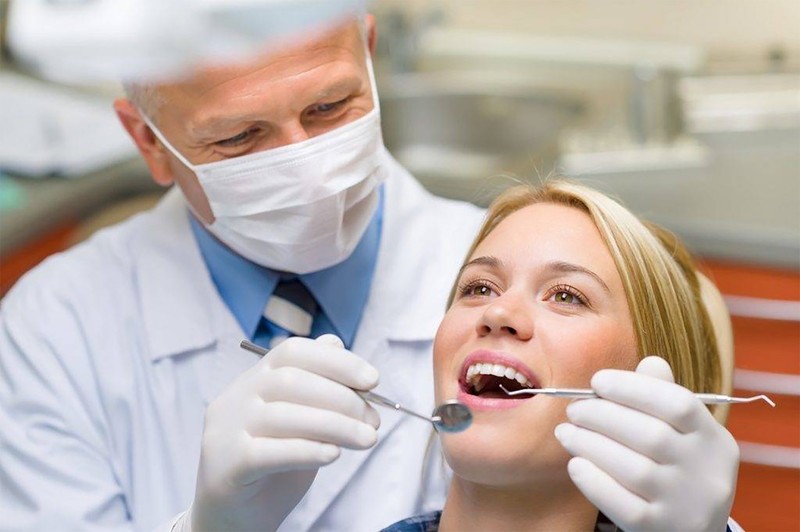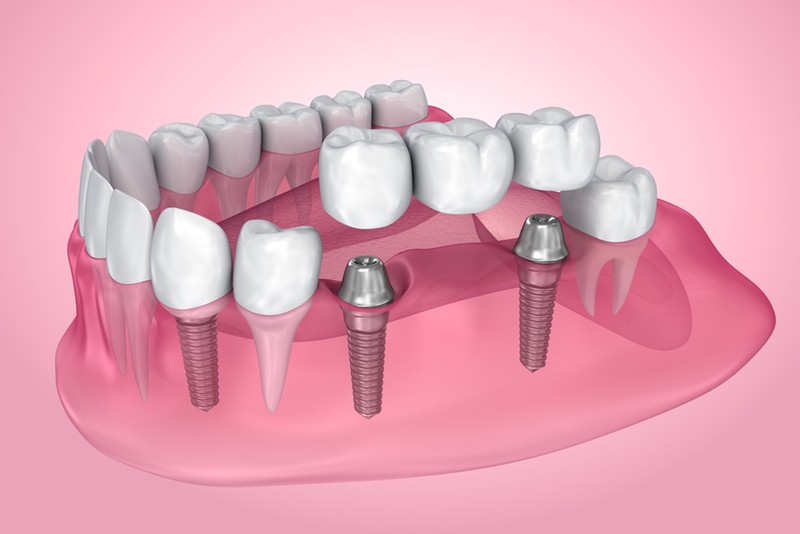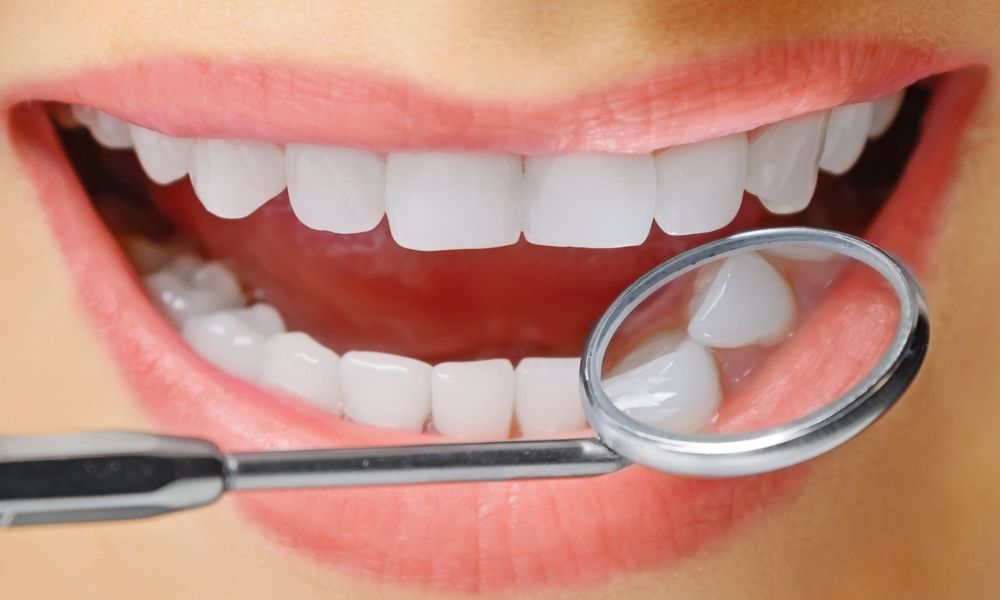In recent years, our understanding of dental health has expanded significantly. While we often focus on oral hygiene practices, diet, and preventive care, an equally crucial factor influencing dental health is genetics. The role of genetics in dental health is an evolving field of study, revealing how our inherited traits can affect everything from tooth structure to susceptibility to oral diseases. This article explores the connection between genetics and dental health, highlighting key aspects that contribute to this complex relationship.
Understanding Genetics and Dental Health
Genetics plays a fundamental role in determining various aspects of dental health. Our genetic makeup influences the development of our teeth, the structure of our jawbone, and our susceptibility to dental diseases. Researchers have identified specific genes associated with conditions such as tooth decay, gum disease, and even the alignment of our teeth.
1. Tooth Development and Structure
The process of tooth development is largely influenced by genetics. The genes responsible for tooth development control the formation, size, shape, and number of teeth. For example, genetic mutations can lead to conditions like hypodontia, where individuals are born with fewer teeth than usual. Conversely, hyperdontia is a condition characterized by having extra teeth, and both of these conditions can be linked to genetic factors.
Enamel Formation: The quality of enamel, the hard, outer layer of the tooth, is also genetically determined. Enamel hypoplasia, a condition where the enamel does not form properly, can be inherited. This condition can make teeth more susceptible to decay and sensitivity.
Tooth Size and Shape: Genetic factors influence tooth size and shape, which can impact overall dental health. For instance, people with larger teeth might experience more crowding issues, while those with smaller teeth might be more prone to gaps and misalignment.
2. Susceptibility to Dental Diseases
Genetics can also impact an individual’s susceptibility to various dental diseases. Some of these conditions include:
Cavities and Tooth Decay: While diet and oral hygiene are crucial for preventing cavities, genetic predisposition plays a role. Studies have shown that some individuals are genetically predisposed to have a higher risk of tooth decay due to variations in their salivary composition and immune response.
Gum Disease: Periodontal disease, or gum disease, is another area where genetics plays a significant role. Certain genetic variations can affect the body’s inflammatory response to bacterial infections, increasing the risk of developing gum disease. Individuals with a family history of gum disease may be more likely to experience it themselves.
Oral Cancer: Genetics can also influence susceptibility to oral cancer. Specific genetic mutations and variations have been linked to an increased risk of developing oral cancer, highlighting the importance of regular dental check-ups and screenings.
3. Genetic Factors in Orthodontics
Highland park orthodontist is the field of dentistry focused on correcting misaligned teeth and jaws. Genetics play a significant role in orthodontic issues such as crowding, spacing, and bite problems.
Jawbone Development: The size and shape of the jawbone are influenced by genetic factors, affecting how teeth align. Genetic variations can lead to conditions such as overbite, underbite, or crossbite, all of which may require orthodontic intervention.
Tooth Alignment: Genetics can also affect how teeth grow and align. Conditions like dental crowding or spacing issues are often hereditary. For instance, if one or both parents had orthodontic issues, their children might be more likely to experience similar problems.
4. Preventive Measures and Genetic Testing
Understanding the role of genetics in dental health can aid in preventive care and personalized treatment. Genetic testing is becoming increasingly accessible, allowing individuals to gain insights into their genetic predispositions related to dental health.
Genetic Testing: Through genetic testing, individuals can identify specific genetic markers associated with dental diseases and conditions. This information can help in tailoring preventive strategies and treatment plans, potentially improving dental health outcomes.
Personalized Oral Care: Armed with genetic information, dental professionals can offer personalized advice on oral hygiene practices, dietary recommendations, and preventive measures. For example, individuals with a genetic predisposition to enamel defects may benefit from fluoride treatments or other protective measures.
Conclusion
The role of genetics in dental health is a fascinating and complex area of study. Our genetic makeup influences various aspects of dental health, from tooth development and structure to susceptibility to diseases and orthodontic issues. Understanding these genetic factors can lead to more personalized and effective dental care, emphasizing the importance of integrating genetic insights into preventive and therapeutic strategies.
As research continues to evolve, it is crucial for individuals to stay informed about their genetic predispositions and work closely with dental professionals to maintain optimal oral health. By recognizing the interplay between genetics and dental health, we can better address the unique needs of each individual, ultimately leading to improved outcomes and a healthier smile






